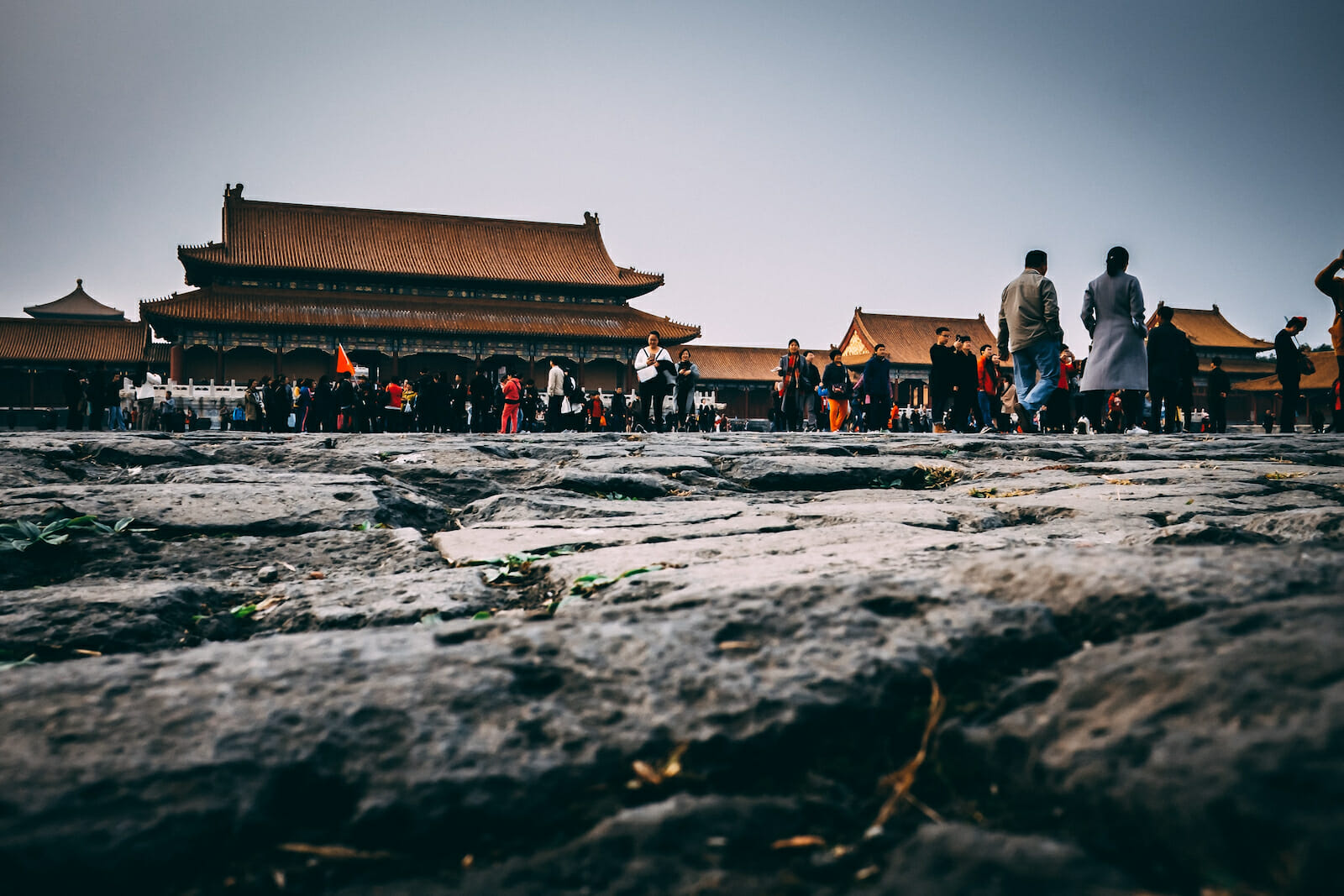
What America Must Learn from China
The path that President-elect Joe Biden will carve for America in the global arena over the next four years promises to be different from that of President Trump, but he has already stated that he will not be easing trade restrictions on Beijing in the near term. The expectation, among many foreign policy analysts, is that not much is likely to change vis-à-vis American policy toward China. But given that China has now overtaken the U.S. as the top foreign market for companies across Asia and has surpassed the U.S. to become Europe’s largest trading partner, Biden would be wise to consider how it got there.
China’s rise in these global rankings is all the more impressive because it has occurred during the COVID-19 pandemic and despite much global criticism for its approach to the Belt and Road Initiative. A significant part of the reason that this has occurred is Beijing’s focus on long-term objectives and its ability to deliver the resources necessary to achieve them. China’s system of government has some built-in advantages, such as the ability to chart a direction and execute policy swiftly. Its economy has the benefit of being the world’s epicenter of manufacturing, with the advantage of being able to combine public and private sector resources on a massive scale to achieve common goals. And China has become masterful at flexing its soft power muscles across the global stage.
Contrast that with some of the disadvantages America faces in trying to compete with China. Partisanship and gridlock have become pervasive and now define its system of governance. Democrats and Republicans cannot even agree on a relief package for the American people in the face of the raging pandemic. How on earth can they hope to achieve consensus on how to effectively compete with China, much less how to ease the tension or cooperate with Beijing in the future? Its self-imposed legislative sclerosis, combined with a likely divided Congress, implies that little will change in terms of the ability to achieve policy consensus during Biden’s administration.
Policymakers in Washington must know that it would be in America’s interest to make collaboration between the public and private sectors routine on major national initiatives, but meaningful overtures to the private sector are scarce and many private firms tend to cringe at the idea of being hog-tied, with their freedom of movement restricted as a result of teaming up with government entities. A way must be found to change that through the use of incentives or other means of ensuring that the two sectors can collaborate more easily to unleash a torrent of competitive capability that remains untapped.
America’s ability to project its soft power has taken a huge hit during the Trump era. Among the questions to be answered are: Will America’s allies and partners come again to believe that a treaty the U.S. signs is worth the paper it is printed on? Will America’s allies seek its guidance and partnership again? Can America restore its once sterling global reputation, which is now in tatters? Here again, these are self-imposed challenges, resulting from the choices America’s voters made at the ballot box and have allowed to fester over decades.
America’s voters have now chosen a different path. Mr. Biden has the opportunity to right the ship and begin the process of reconciliation and healing. However, he has a gargantuan task on his hands. While Americans are busy fighting among themselves and Congress readies itself for yet more battle, the world is waiting for something meaningful to be achieved. It seems clear that not much divine guidance is likely to emanate from Washington.
While great minds can debate whether communist or capitalist political systems are superior, there can be little doubt that China is at the present time winning the race for global supremacy. As Washington is busy debating which color running shoes to put on, Beijing is sprinting past America on a whole host of topics. If America does not get its house in order, soon enough, China will establish insurmountable leads in science, technology, and even military hardware. The clock is ticking America. Are you going to spend your time deciding which elbow pads are more effective in knocking out your opponent, or are you going to get down to the business of effectively competing with the Chinese juggernaut? Time is running out.

